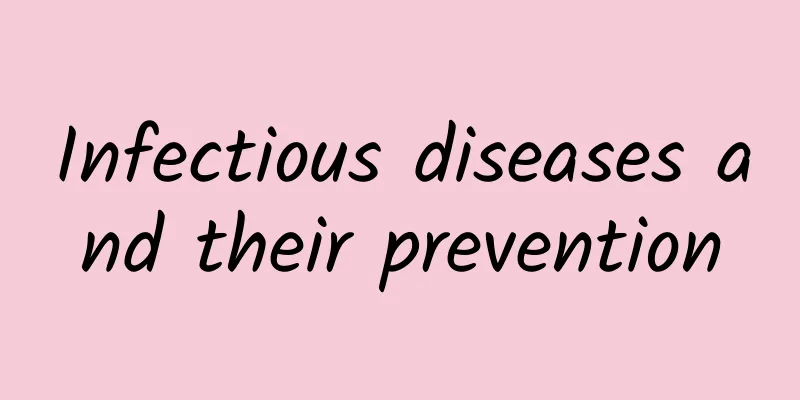What are the symptoms of obsessive-compulsive disorder?

|
Obsessive-compulsive disorder will not cause physical pain, but it will cause great psychological pain and torture to patients, and will manifest itself in different symptoms, such as obsessive thoughts, obsessive intentions, and obsessive emotions. ① Compulsive thoughts: Compulsive doubt: patients are always uneasy about things they have completed and will not feel at ease until they have checked repeatedly to make sure that everything is correct. For example, they may doubt whether the doors and windows are closed, whether the address is written on the letter to be sent, whether the gas is turned off, etc., and doubts are often accompanied by obvious anxiety; compulsive memories, patients repeatedly recall past experiences and past events, although they know that they have no practical meaning, they always linger in their minds and cannot be rid of, so they feel extremely bored. Such as recalling whether the words and tone of words used in previous speeches are appropriate; compulsive association, when the patient hears, sees or thinks of something, he or she can't help but think of some unpleasant or ominous scenes, such as thinking of fire when seeing someone smoking; compulsive thinking, the patient always thinks endlessly about some problems that have no practical significance, although the patient's logical reasoning is normal, self-awareness is intact, and he or she knows that there is no need to delve into it, but he or she cannot control himself or herself. For example, why does it rain? Why do people need to eat? Why is the earth round? And so on. ② Compulsive intention: When patients have a certain normal psychology, they often go against their inner wishes. Although this opposite desire is very strong, they will never put it into action. For example, when crossing the road, you might think of rushing towards a passing car. ③ Compulsive emotions: The patient feels disgusted or worried about certain things, even though he knows it is unnecessary but cannot control himself. For example, worrying about hurting others, worrying about saying the wrong thing, worrying about being contaminated by toxins or attacked by bacteria, etc. |
<<: What causes vitreous opacity in the eye?
>>: Self-treatment methods for obsessive-compulsive disorder
Recommend
Is acute urticaria contagious?
Urticaria is a very common disease, which is gene...
What are the benefits of moxibustion Guanyuan
When doing moxibustion, the acupuncture points on...
Treatment methods for female hemorrhoids, recommending several dietary therapy methods
Hemorrhoids are a disease that many people find d...
How to relieve toothache
Although toothache is a minor illness, it can be ...
What is the cause of esophageal pain? Esophagitis may be a serious problem.
If you have symptoms of esophageal pain, you shou...
What are the symptoms of depression in the elderly?
Compared with young people, the elderly are more ...
Can I eat yam during early pregnancy?
Yam is a common food ingredient in life. It can b...
Chinese medicine differentiation of cheilitis
Cheilitis is an inflammatory disease that occurs ...
Pustules under the nose
Whether male or female, skin diseases are most li...
How does sacroiliitis affect patients?
Sacroiliitis is a disease that has a significant ...
What to eat for breast hyperplasia and axillary lymph nodes
Breast hyperplasia is a common gynecological dise...
What to do if your ovaries are inflamed
Women's bodies are actually very vulnerable, ...
What to do if a lipoma grows on your arm
Fat is a vital component as the body's protec...
Can pregnant women drink Pu'er tea?
Pu'er tea is made from large-leaf tea from Yu...
Healthy breakfast recipes
Health preservation is something that many people...









